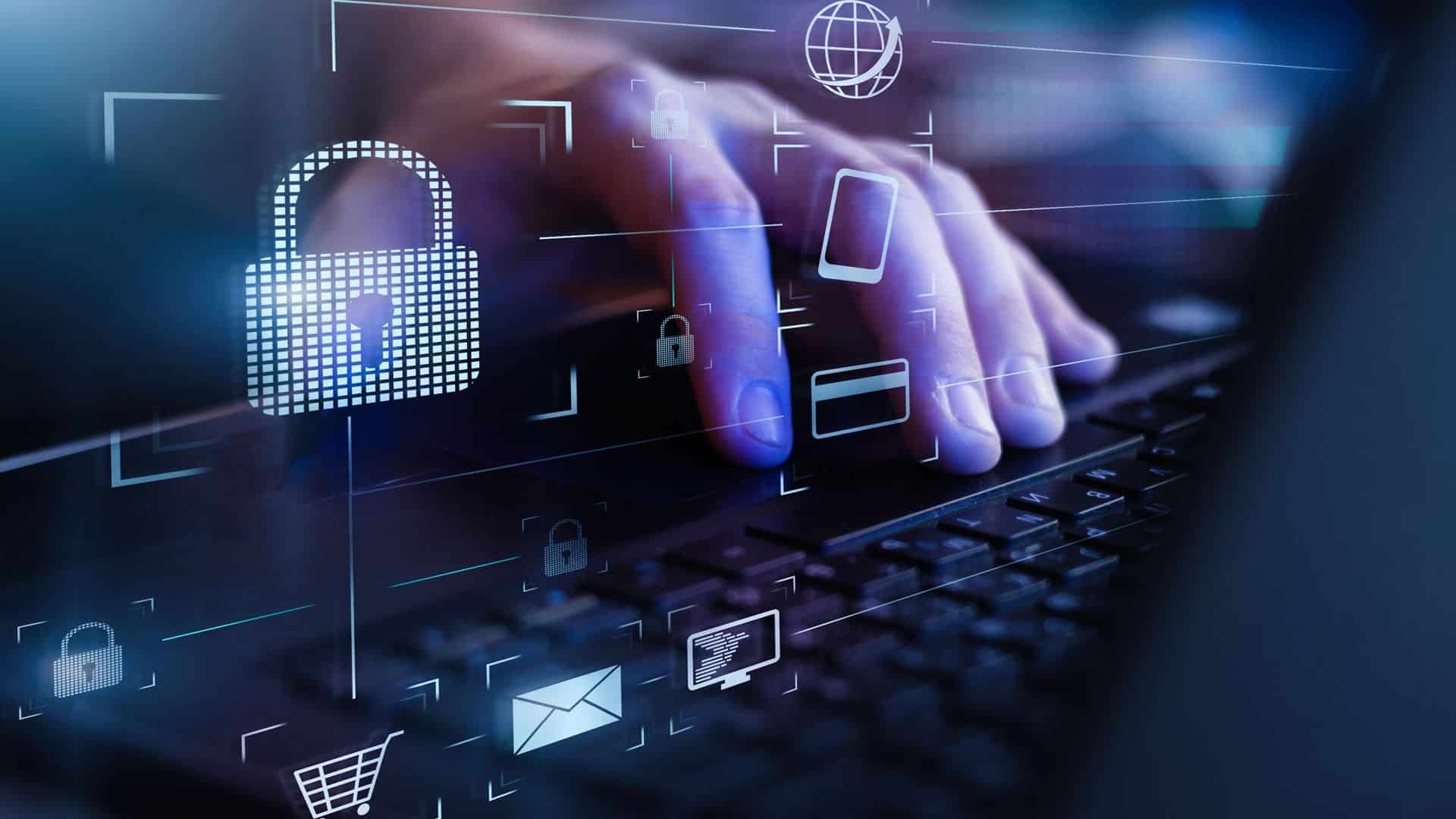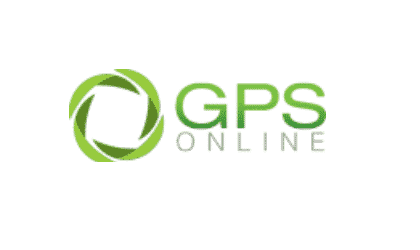Hackers are continually seeking new tactics and ways to exploit corporate names and domains to deceive employees, customers, and partners, mostly through phishing emails, which is a big cybersecurity issue.
DMARC becomes a crucial option for enterprises in this environment.
To begin, DMARC stands for Domain-based Message Authentication, Reporting, and Conformance.
To put it another way, DMARC is an email authentication and validation system or technology. It functions as a security layer, a protocol that verifies and provides information about the source and recipient of communications.
As a result, DMARC protects the company’s domain from being exploited to send emails associated with phishing, social engineering, spoofing, spam, and other types of fraud.
By the way, a critical aspect to remember is that the domain owner is the one who sets the policies for blocking and delivering messages and then receives information on how the domain is being used.
The following are the primary reasons your business needs DMARC:
-
Protect your business from cyber-threats including phishing, spoofing, and spam.
You can prevent fraudsters from using your domain to send harmful emails like impersonation, phishing, spoofing, and spam campaigns by utilizing DMARC. DMARC helps to prevent fraudulent emails from reaching your workers, customers, partners, and other contacts.
-
Make sure your emails are trustworthy.
Only approved IPs are allowed to send emails from your domain, therefore DMARC ensures the validity of your emails.
Consider this: if an attacker uses a respectable domain, such as your company’s domain, it will be much simpler for them to persuade and fool the victims, who may be your customers or workers.
-
Protect your brand against trolls and rip-offs.
Brand trust is a deciding element in a company’s success. Many marketing and sales gurus emphasize this aspect, since customers are increasingly identifying with brands rather than products and services.
Consider the harm that thieves can cause by impersonating your business. DMARC aids in the protection of your brand against misuse and fraud.
-
Increase your domain’s visibility
One of the most important features of DMARC is the ability to see and regulate how a domain has being used. DMARC provides statistics that show the domain owner who is sending emails on his behalf, which emails are being authenticated, which emails are not being authenticated, and why.
-
Enhance email delivery options
Lower email deliverability, or capability to send messages, is closely connected to email fraud incidents. It’s self-evident, right? After all, a site used for nefarious purposes is virtually always flagged as untrustworthy.
DMARC helps with this by boosting the delivery of valid emails.
-
Explain how to deal with emails that do not pass authentication.
The domain owner can regulate emails that fail authentication using DMARC. The owner informs email providers and services on how to handle communications that fail authentication through rules.
In essence, these problematic emails might be rejected or put in a quarantine folder.
-
Be on the lookout for C-level and BEC schemes.
Advanced schemes such as C-level and BEC (Business Email Compromise) frauds occur when attackers mimic persons in key positions inside a firm.
Because DMARC restricts illegal senders, you may also avoid your domain being utilized in sophisticated email frauds.
-
Lower customer service expenses associated with email fraud
The most often utilized platform for cyber assaults is email. By the way, it’s not uncommon for businesses to have pages on their websites dedicated to scam and fraud alerts.
DMARC helps to decrease fraud support expenses by preventing attacks.
With the rise of cyber-crime, it only makes sense to protect your email streams from being utilized for fraud. Unfortunately, both small and major organizations and corporations’ implementations of the DMARC standard are far from ideal.
DMARC provides advantages for all businesses, regardless of their size. It gives complete domain visibility, email traffic management, and protection against phishers and spoofers. Furthermore, DMARC is believed to boost deliverability since if your emails authenticate properly, mailbox providers may check that you are a real sender.
Overall, there are challenges to DMARC adoption, but every company, large or little, must strive to improve email security. If you contact us, we can help get you going and make sure your organization is well protected. What are you waiting for?






